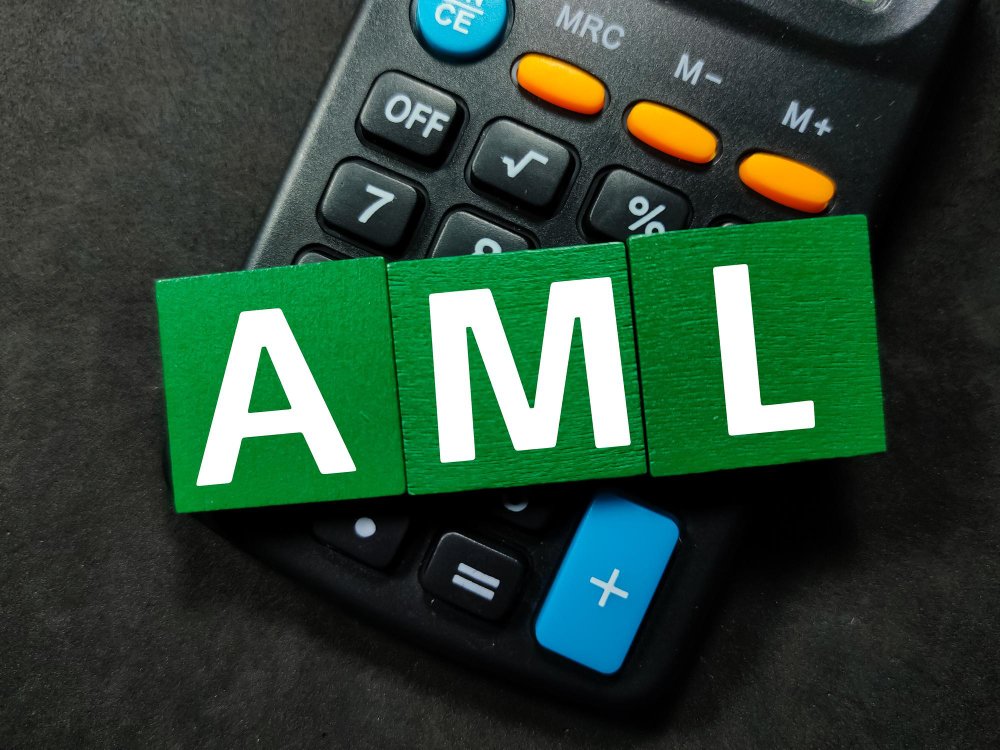
UAE AML/CFT Awareness: Learn What Is a Fraud Triangle
Fraud is one of the biggest hidden threats to any business. It does not just cause financial losses. It damages trust, breaks relationships, and hurts reputation.
The reality is that fraud rarely happens by accident. It grows when certain conditions are present. This is where the Fraud Triangle gives us a simple way to understand the root causes.
By learning the Fraud Triangle, businesses can recognize warning signs early, close gaps in controls, and protect themselves from serious harm.
JCA (Jitendra Chartered Accountants) helps businesses in the UAE prevent fraud and criminal activities by complying with AML/CFT (Anti-Money Laundering and Combating the Financing of Terrorism) regulations. Our expert AML consultants in the UAE help you learn key concepts, such as the Fraud Triangle.
What Is the Fraud Triangle?
The Fraud Triangle was introduced by the criminologist Donald Cressey. His research showed that fraud usually occurs when three factors come together: pressure, opportunity, and rationalization.
If even one of these elements is missing, fraud is less likely. However, when all three exist simultaneously, the risk becomes significantly higher. This concept helps businesses identify criminal activities on time.
-
Pressure – The Personal or Work Stress
Pressure is about the motivation behind fraud. Often, this pressure is linked to money. A person may feel stuck in debt, trying to fund a lifestyle they cannot afford, or facing heavy family expenses.
In other cases, pressure comes from the workplace. Employees may feel pushed to meet tough sales goals or performance targets. They might worry about losing their job if they fail. Addictions like gambling or substance abuse can also create a financial hole that drives dishonest behavior.
When the pressure feels unbearable, people may start looking for shortcuts. AML consultants in the UAE can help you identify gaps in your organization that might lead to things like work pressure or dissatisfaction.
-
Opportunity – The Open Door
Opportunity means the chance to commit fraud without being caught. This usually happens when systems are weak, or controls are not enforced.
Examples include:
- Lack of proper checks on transactions
- Senior staff overriding rules without accountability
- Employees having unchecked access to sensitive systems
- No separation of duties in key financial processes
When someone sees that no one is watching or that they can manipulate records without consequences, the temptation to misuse the system increases. Opportunity turns pressure into action. Seek assistance from AML consultants in Dubai to identify where your system lacks control and efficiency as this is very important to prevent fraudulent activities.
-
Rationalization – Justifying the Act
The third side of the triangle is rationalization. Even when pressure and opportunity exist, most people still need to convince themselves that fraud is “okay.”
They often tell themselves:
- “Everyone here is doing it.”
- “I deserve this for all my hard work.”
- “I’m just borrowing money; I’ll return it later.”
Rationalization makes fraud feel less like a crime and more like a justified action. Without this self-justification, many would not take the step. Having adequate controls and management in your organization can reduce the chance of fraud to occur.
Common Red Flags of Fraud
Understanding the Fraud Triangle also helps us see red flags in employee behavior and transactions, leading to effective fraud management and AML/CFT compliance.
Behavioural Red Flags
- Refusing to take leave or let others handle their duties
- Sudden lifestyle changes, like luxury purchases, that don’t match income
- Becoming defensive or aggressive when questioned
- Maintaining excessive control over a single process
Transactional Red Flags
- Duplicate or rounded invoices
- Invoices just below approval limits
- Frequent manual journal entries
- Vendors with incomplete records or addresses linked to staff
Real-Life Scenarios
The Fraud Triangle plays out in daily business situations:
- Pressure: A sales team inflates targets because they are scared of missing monthly goals.
- Opportunity: An employee bypasses payment rules by claiming an urgent need.
- Rationalization: A manager files fake reimbursements, saying low pay forces them to do so.
In each case, the triangle is present. Recognizing this link makes it easier to design the right response, like audits, compliance checks, or ethics coaching. Manage these kinds of scenarios with proper AML/CFT policies in place. You can also seek help from AML consultants in Dubai for developing effective AML/CFT policies in your organization.
Why Awareness Matters
Fraud awareness is not just about protecting money. It helps companies meet legal expectations, support risk culture, and build trust.
In places like the UAE, regulators such as the Securities and Commodities Authority (SCA), the Central Bank (CBUAE), and the Ministry of Economy (MOE) expect strong governance. Being able to identify red flags supports compliance with Anti-Money laundering rules, tax audits, and forensic reviews.
Practical Ways to Act on the Fraud Triangle
Here are a few actions organizations can take:
- Train staff and managers to detect behavioral and transactional red flags.
- Use automated tools to monitor unusual transactions.
- Set up whistleblower systems to encourage safe reporting.
- Strengthen internal audits to review high-risk processes.
- Carry out quick fraud risk assessments during times of change.
When these measures are applied consistently, the Fraud Triangle weakens. Employees know they are being monitored, and the temptation to commit fraud decreases.
How can JCA (Jitendra Chartered Accountants) help?
Fraud is not random; it is predictable when pressure, opportunity, and rationalization meet. The Fraud Triangle explains why people cross the line and shows where companies must stay alert. In this way, JCA streamlines various AML/CFT compliance aspects for businesses, enabling them to prevent fraud and comply with AML/CFT regulations in the UAE. For more knowledge on the subject, contact our experts today!


